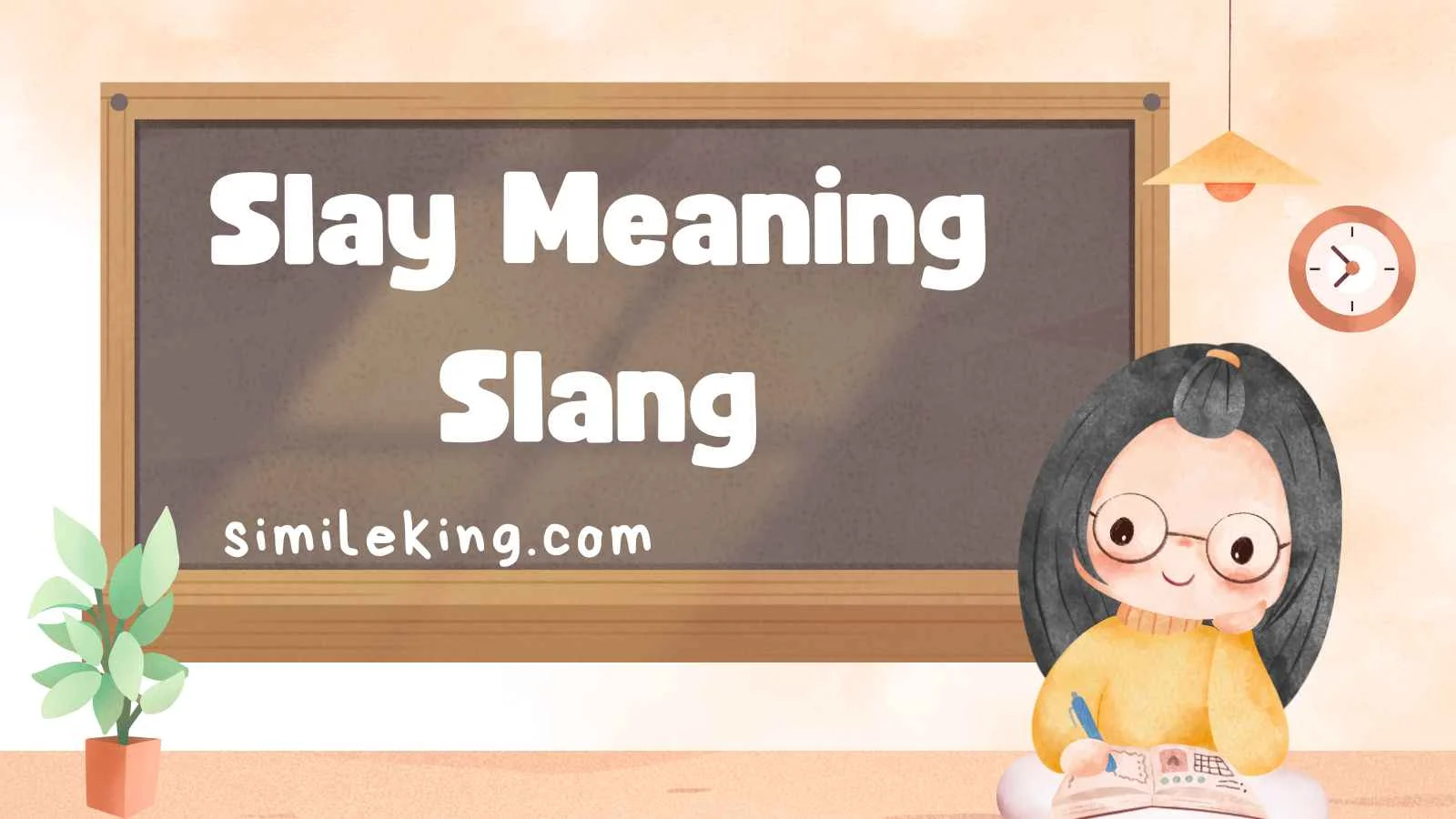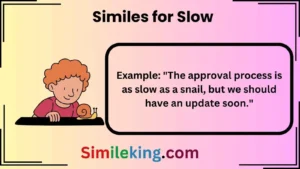In 2025, slang continues to evolve rapidly across social media platforms, online communities, and global youth culture.
Among the most iconic and widely used terms is “slay.” You’ve probably seen comments like “You slayed that look!” or “She slays on stage every time.”
But what exactly does slay mean in slang, and how can you use it effectively in both casual and professional contexts?
This comprehensive guide goes far beyond the surface definition. We’ll explore the origins of slay, its different meanings in slang, how it’s used across cultures in 2025, and provide 10 high-quality examples you can apply right away.
Whether you’re a student, professional, or someone simply trying to keep up with modern internet language, this article will give you everything you need to understand, interpret, and confidently use “slay” in the right situations.
What Does “Slay” Mean in Slang?
Traditionally, the word slay meant to kill or destroy violently. In slang, however, its meaning has shifted into something entirely positive.
In modern slang (2025):
- Slay means to perform exceptionally well, to look outstanding, or to impress others effortlessly.
- It is often used as a compliment, signaling admiration, confidence, or approval.
- Depending on context, it can apply to fashion, performance, speech, behavior, or even personality.
👉 Example: “You absolutely slayed that presentation at work—so confident and polished!”
The Evolution of “Slay” in Slang Culture
Slang doesn’t appear overnight—it evolves through pop culture, music, fashion, and online spaces. Here’s how slay developed into one of today’s most empowering terms:
- Early Roots – Originally from Old English, slay meant to strike or kill.
- Black & LGBTQ+ Communities (1980s–2000s) – The word shifted into a compliment, especially in drag and ballroom culture. Saying “You slay” meant you dominated the competition or dazzled the audience.
- Mainstream Pop Culture (2010s) – Music artists like Beyoncé and Rihanna popularized the modern sense of slay, linking it to power, fashion, and charisma.
- Social Media Boom (2020s) – Platforms like TikTok, Instagram, and Twitter spread slay globally, turning it into a universal compliment.
- 2025 Context – Today, slay isn’t just about appearance—it’s about confidence, authenticity, and excellence across all aspects of life.
Nuances of Tone: How “Slay” Is Used in Different Contexts
While slay is generally positive, the tone changes depending on context. Understanding these nuances ensures you use the word correctly.
1. Casual Compliment (Friends & Social Media)
- Tone: Playful, friendly, supportive.
- Example: “Girl, you slayed that outfit!”
2. Professional Praise (Workplace)
- Tone: Encouraging but respectful.
- Example: “Your presentation truly slayed—it was engaging and insightful.”
3. Artistic/Performance Setting
- Tone: Enthusiastic, admiring.
- Example: “He slayed that piano solo—unforgettable!”
4. Confidence Boost (Empowerment)
- Tone: Motivational, uplifting.
- Example: “Go out there and slay—this is your moment.”
5. Light Humor / Sarcasm
- Tone: Playful irony.
- Example: “Oh wow, you really slayed that attempt at cooking… totally not burnt.”
2025 Global Adaptations of “Slay”
Slang is not limited to one culture—slay has been adapted into global internet vocabulary. In 2025, it has taken on regional flavors:
- USA & Canada: Still dominant in fashion, entertainment, and workplace motivation.
- UK: Often paired with phrases like “slay queen” or “slayed it proper.”
- South Asia (Pakistan, India): Gained traction on Instagram and TikTok; often used in captions like “Just slayin’ the vibe.”
- East Asia (Japan, Korea): Merged into K-pop fandom language, where fans say idols slay the stage.
- Africa: Popular among youth, especially in Nigeria and South Africa, tied to Afrobeat culture.
Polite, Professional, and Casual Alternatives to “Slay”
While slay is versatile, in some contexts—especially formal business settings—you may want alternatives. Here are options based on tone:
✅ Polite Alternatives
- You did an excellent job.
- That was outstanding.
- Your effort really shone through.
✅ Professional Alternatives
- You delivered with confidence.
- That was a strong performance.
- You exceeded expectations.
✅ Casual Alternatives
- You killed it.
- Nailed it!
- Crushed it!
10 Examples of “Slay” in Sentences (2025 Updated)
Here are polished, real-world examples to help you use slay naturally in conversations:
- “Her confidence on stage was unmatched—she slayed the entire performance.”
- “That marketing pitch slayed the competition; no wonder the client signed instantly.”
- “You always slay with your fashion sense—effortlessly stylish.”
- “He slayed the final exam—every answer was perfect.”
- “Their teamwork slayed expectations, finishing the project ahead of deadline.”
- “Stop doubting yourself—you’re going to slay this interview.”
- “That TikTok dance challenge? You slayed it better than the original creator.”
- “The chef’s new recipe absolutely slayed—flavors I’ve never experienced before.”
- “You slayed that speech; everyone was inspired.”
- “Her voice slays every time—powerful yet graceful.”
How to Choose the Right Alternative to “Slay”
To avoid sounding out of place, match your word choice with the audience and context:
- Close Friends / Social Media → Use slay freely. It’s trendy, fun, and expressive.
- Workplace / Academic Settings → Swap for polished terms like outstanding or excellent.
- Cultural Sensitivity → In some regions, stick with formal compliments in professional situations.
- Humor & Irony → Use slay sarcastically only with people who understand your humor.
Why “Slay” Still Matters in 2025
Slang words often fade quickly, but slay remains relevant because:
- It conveys confidence + admiration in a single word.
- It’s gender-neutral and adaptable.
- It works across fashion, business, academics, and arts.
- Social media keeps reinventing it with fresh contexts (memes, hashtags, captions).
In short, slay isn’t going away anytime soon—it’s a cultural staple.
Final Thoughts
In slang, “slay” has transformed from a word meaning to kill into one of the most empowering compliments of the 21st century. In 2025, it represents confidence, excellence, and authenticity. Whether you’re hyping up a friend, complimenting a colleague, or admiring a performance, slay is a versatile word that adapts to the situation.
The key takeaway? Use it naturally, choose tone-sensitive alternatives when needed, and embrace the cultural richness behind it. If you want to sound modern, positive, and confident—“slay” is here to stay.





